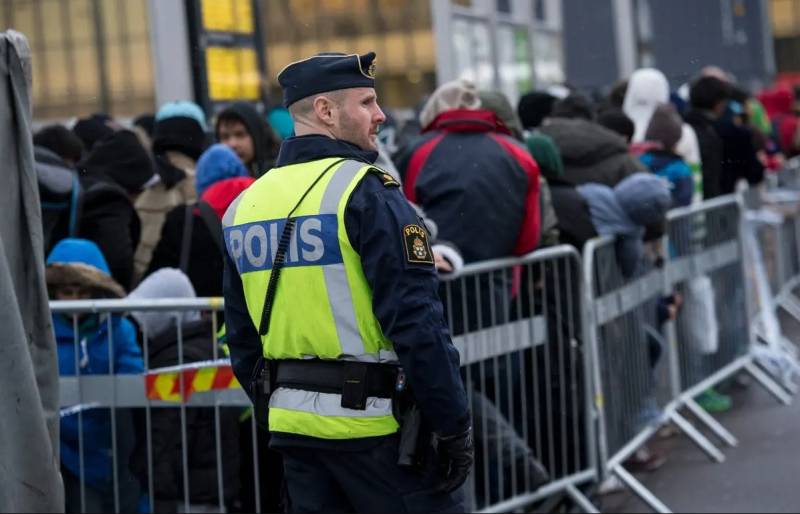Sweden says asylum eligibility hit 40-year low in 2024

Stay tuned with 24 News HD Android App

The number of migrants granted asylum in Sweden dropped to the lowest level in 40 years in 2024, the government said Friday, after a decade-long crackdown on immigration.
Following a large influx of asylum seekers in Sweden during the 2015 migrant crisis, successive left- and right-wing governments have tightened asylum rules.
Prime Minister Ulf Kristersson's center-right minority government introduced ever harsher curbs after it came to power in 2022, propped up by the anti-immigration Sweden Democrats.
A total of 6,250 asylum-related residence permits were granted in the Scandinavian country last year, said Migration Minister Johan Forssell, citing fresh statistics from the Migration Agency.
That figure does not include Ukrainians, who have been granted temporary protection throughout the European Union.
The number of people who applied for asylum in Sweden in 2024 was 9,645, the lowest since 1996 and down by 42 percent since 2022.
In 2015, at the height of the migrant crisis, Sweden registered some 163,000 asylum seekers, the highest per capita in the EU.
"While the number of asylum seekers is historically low, the number being granted asylum is also low," Forssell told reporters.
"Today, three out of four people seeking asylum in Sweden are not considered to have sufficient grounds to be granted residency.
They are therefore not refugees, and they must return home," he said.
Forssell noted that Sweden's low levels stood out, with the number of asylum seekers in the European Union, Norway, and Switzerland topping one million last year, nearing the level seen during the 2015 migrant crisis.
Forssell said Sweden would need to continue to keep its numbers down in the coming years.
Sweden once considered itself a haven for the war-weary and persecuted, but has over the years struggled to integrate many of its newcomers.
Recent measures introduced to reduce migration included the granting of only temporary residence permits to asylum seekers, tighter family reunification requirements, and raising income requirements for work visas for non-EU citizens.
The current government has also announced plans to offer immigrants $34,000 to leave the country, and to make it easier to expel migrants for substance abuse, association with criminal groups or statements threatening "Swedish values".
